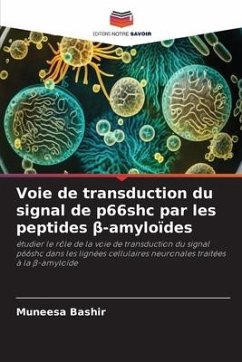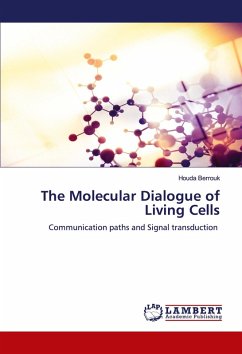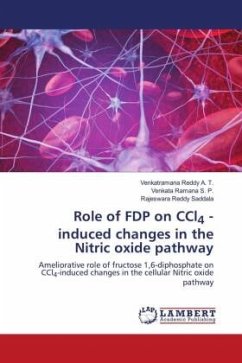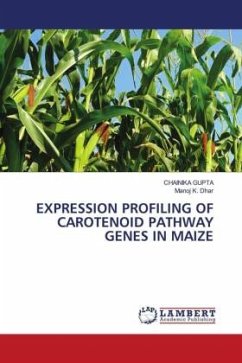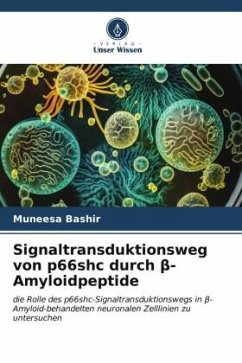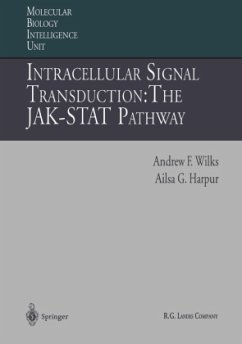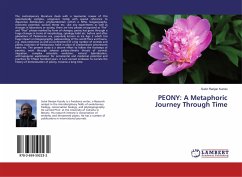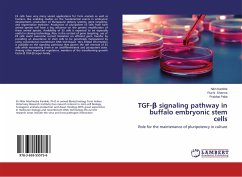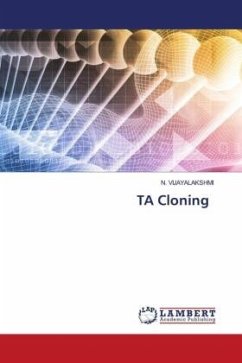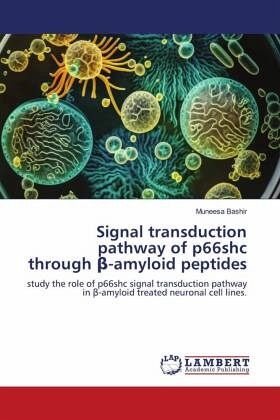
Signal transduction pathway of p66shc through ¿-amyloid peptides
study the role of p66shc signal transduction pathway in ¿-amyloid treated neuronal cell lines.
Versandkostenfrei!
Versandfertig in 6-10 Tagen
29,99 €
inkl. MwSt.

PAYBACK Punkte
15 °P sammeln!
Increased oxidative stress is the leading mechanism of Abeta induced cell death. P66Shc, the growth factor adaptor protein has been implicated as a major regulator of reactive oxygen species (ROS) production hence apoptotic signalling cascade. Accordingly, better understanding of p66Shc signalling pathway through the mediation of Abeta may provide clues as to how to protect brain cells from the toxic effects of Abeta. Abeta leads to progressive cell death in a concentration dependent manner. Abeta phosphorylates p66Shc at S36 residue in a dose dependent and time dependent application of Abeta....
Increased oxidative stress is the leading mechanism of Abeta induced cell death. P66Shc, the growth factor adaptor protein has been implicated as a major regulator of reactive oxygen species (ROS) production hence apoptotic signalling cascade. Accordingly, better understanding of p66Shc signalling pathway through the mediation of Abeta may provide clues as to how to protect brain cells from the toxic effects of Abeta. Abeta leads to progressive cell death in a concentration dependent manner. Abeta phosphorylates p66Shc at S36 residue in a dose dependent and time dependent application of Abeta. Similarly, Abeta mediates the activation of MKK6 by mediating phosphorylation at S207 residue at the same concentrations and time points. Ectopic expression of p66ShcS36A and MKK6 (TM) protected cells against Abeta induced death, suggesting that p66Shc and MKK6 phosphorylation critically influences the toxicity of C6 cells induced by Abeta. Finally, ROS scavengers and knock-down against p66Shc and MKK6 significantly decreased ROS production and cell death.



